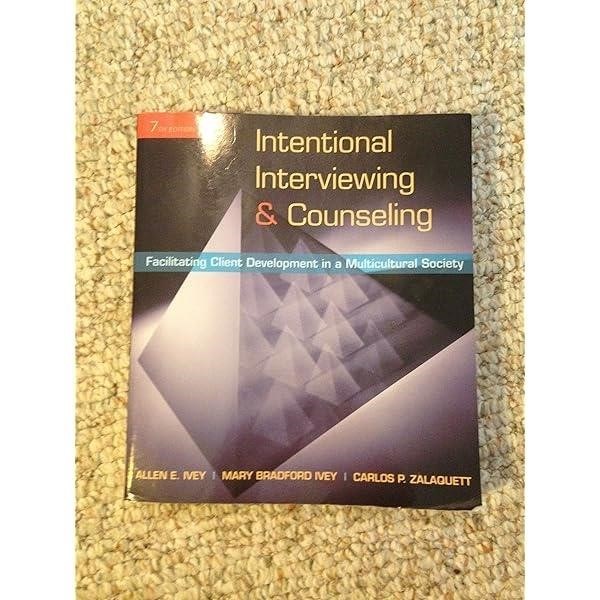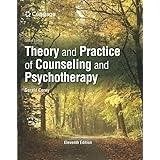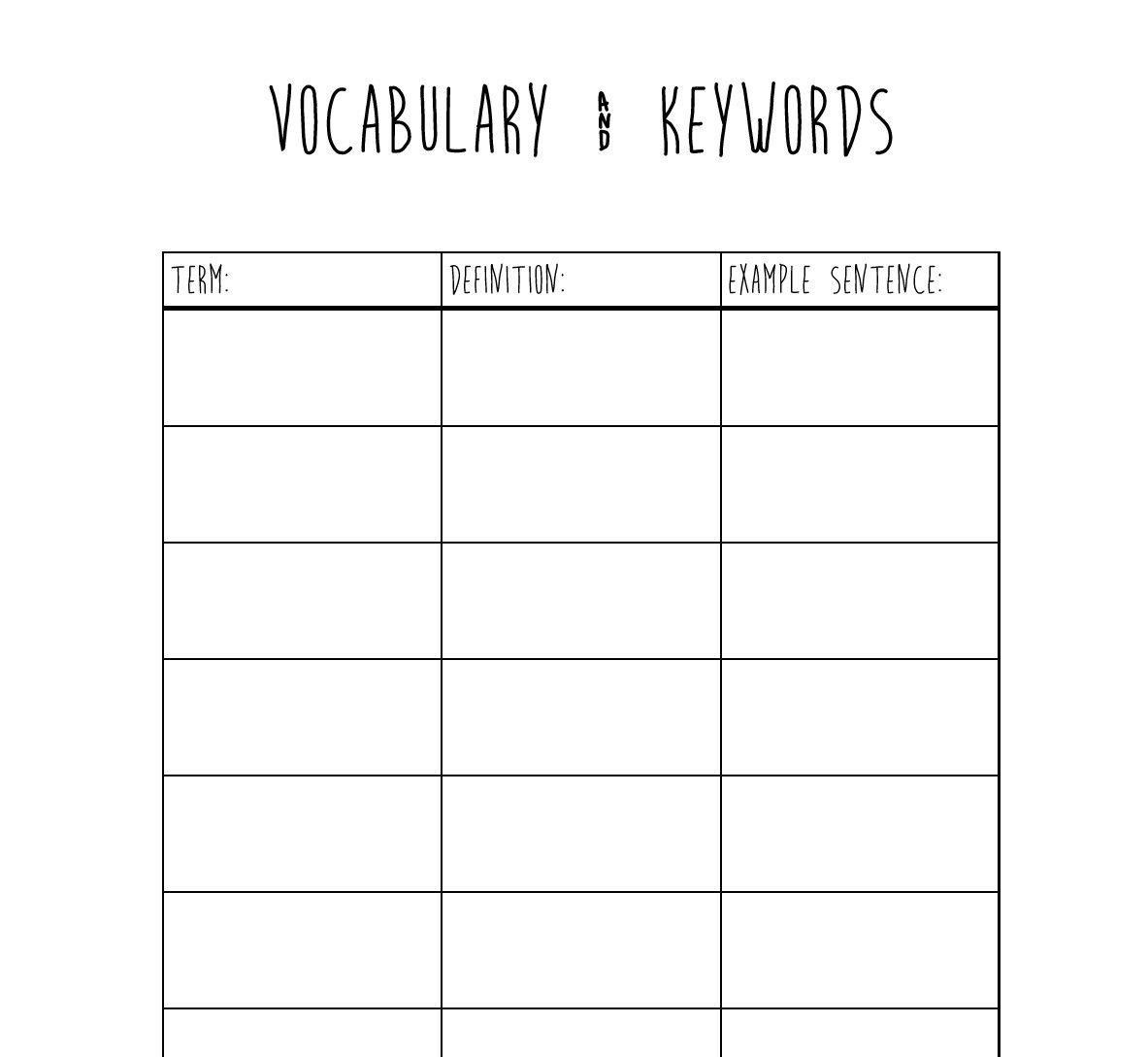Intentional Interviewing and Counseling⁚ 10th Edition Overview
The 10th edition of “Intentional Interviewing and Counseling” offers updated features, including trauma-informed approaches and multicultural considerations. It builds upon the microskills model, integrating various counseling theories and adapting skills for diverse contexts. This edition is available in various formats, including eBook and print.
Accessing the 10th Edition PDF
Direct PDF downloads of the 10th edition of “Intentional Interviewing and Counseling” may not be readily available through legitimate channels. While numerous websites advertise PDF downloads, exercising caution is crucial to avoid illegal access or potentially harmful files; Reputable academic publishers, like Cengage Learning (the publisher of this textbook), usually offer the textbook through their official website or through authorized online retailers. These official sources may provide access to digital versions (eBooks), often at a cost, but guarantee a legitimate copy free from malware or copyright infringement issues. Exploring university library resources is another viable option. Many universities provide online access to their extensive textbook collections for enrolled students, potentially including this title. Always prioritize legitimate sources to ensure you’re accessing a legally obtained and secure version of the textbook.
Availability and Purchase Options
Acquiring the 10th edition of “Intentional Interviewing and Counseling” involves several avenues. The primary publisher, Cengage Learning, offers the textbook in various formats⁚ a traditional print paperback, a durable hardcover binding, and a convenient eBook. Purchasing options extend beyond the publisher’s direct website. Major online retailers, such as Amazon, often list the textbook, providing competitive pricing and potentially faster shipping. College bookstores, both physical and online, affiliated with universities offering courses incorporating this text, represent another accessible purchasing route. The eBook version often provides cost savings compared to the print editions and offers benefits such as searchability and portability. Prices may vary depending on the chosen format and retailer. It’s advisable to compare prices across different vendors to secure the most favorable option. Remember to verify the authenticity of the seller to avoid counterfeit copies.
eBook Access and Pricing
Accessing the eBook version of “Intentional Interviewing and Counseling, 10th Edition” offers a convenient and potentially cost-effective alternative to the print editions. Cengage Learning, the publisher, directly provides digital access through its online platform. This often involves purchasing an access code, which unlocks the full content of the textbook in a digital format. The pricing for the eBook typically varies, often being slightly less expensive than the print versions. However, it’s important to check the publisher’s website and other online retailers for the most up-to-date pricing information. Some retailers might offer bundled packages including both print and eBook access. Factors influencing eBook pricing may include the inclusion of supplementary materials, such as online quizzes or interactive exercises. Always verify what is included in the purchase before completing the transaction. The availability and pricing of eBook access codes can change, so comparing options across different platforms is recommended.

Key Features of the 10th Edition
This edition boasts updated competency features, incorporates trauma-informed counseling and crisis intervention techniques, and emphasizes multicultural considerations in its approach to counseling practices.
Updated Competency Features
The 10th edition significantly enhances its competency features, reflecting the latest advancements in the field of counseling. These updates are not merely superficial revisions; they represent a substantial overhaul, incorporating extensive feedback from practitioners and researchers. Key areas of improvement include refined guidelines for conducting effective interviews, more detailed explanations of microskills application across diverse therapeutic modalities, and an expanded section dedicated to ethical considerations in client interactions. The book now provides a more comprehensive framework for assessing client needs and tailoring interventions to specific situations. Furthermore, the updated edition features enhanced guidance on documenting sessions, adhering to professional standards, and navigating complex ethical dilemmas that frequently arise in clinical practice. This emphasis on practical application and ethical awareness ensures that counselors are well-equipped to handle the challenges of contemporary practice. The integration of evidence-based practices and updated research findings solidifies the book’s position as a leading resource in the field. The changes demonstrate a commitment to continuous improvement and a dedication to providing counselors with the most current and relevant knowledge available. By incorporating these updates, the authors provide a more robust and practical guide for navigating the complexities of the therapeutic process.
Trauma-Informed Counseling and Crisis Intervention
This updated edition places significant emphasis on trauma-informed care and crisis intervention strategies, reflecting the growing recognition of the prevalence of trauma and its impact on mental health. The text provides detailed guidance on recognizing the signs and symptoms of trauma, understanding its various manifestations, and adapting therapeutic approaches accordingly; It offers practical techniques for creating a safe and supportive therapeutic environment, fostering trust and collaboration with clients who have experienced trauma. Specific strategies for addressing the unique challenges presented by trauma are explored, including techniques for managing emotional dysregulation, promoting self-regulation, and facilitating the processing of traumatic memories. The section on crisis intervention equips counselors with the skills to respond effectively to individuals experiencing acute distress, providing evidence-based interventions to stabilize clients and prevent escalation. Furthermore, it covers risk assessment, safety planning, and resource utilization in crisis situations. The integration of trauma-informed principles and crisis intervention techniques enhances the book’s relevance and practical utility for counselors working with diverse populations.
Multicultural Considerations in Counseling
Recognizing the increasing diversity of client populations, the 10th edition significantly expands its coverage of multicultural counseling competencies. It emphasizes the importance of cultural humility, self-reflection, and ongoing learning about diverse cultural backgrounds to avoid cultural biases and promote culturally responsive care. The text delves into the complexities of cultural identity, exploring how various cultural factors (ethnicity, race, gender, sexual orientation, socioeconomic status, religion, etc.) intersect and shape individuals’ experiences and perspectives. It offers practical strategies for building rapport with clients from diverse backgrounds, including adapting communication styles, understanding nonverbal cues, and navigating cultural differences in therapeutic relationships. Specific examples of culturally sensitive interventions are presented, demonstrating how to tailor therapeutic approaches to meet the unique needs and preferences of diverse populations. The authors highlight the significance of social justice advocacy and cultural sensitivity in empowering marginalized communities and promoting equitable access to mental health services. This section encourages critical self-reflection on one’s own cultural biases and provides tools for effective cross-cultural communication in therapeutic settings.

Microskills Approach and Theory Integration
This edition emphasizes the core microskills and their application across various theoretical orientations in counseling. It details how to sequence these skills effectively within diverse therapeutic approaches and cultural contexts, promoting client-centered, outcome-driven interventions.
Sequencing Skills Across Different Theories
The 10th edition delves into the nuanced application of microskills across diverse theoretical frameworks. It doesn’t simply present a list of techniques; instead, it meticulously guides readers through the strategic sequencing of skills within specific theoretical models. For instance, the text might illustrate how attending behaviors, open-ended questions, and reflections are used differently within a person-centered approach compared to a cognitive-behavioral therapy (CBT) framework. This approach helps students understand that the order and emphasis placed on certain microskills significantly impacts the overall therapeutic process and effectiveness. The book provides practical examples and case studies to illuminate these differences, showing how a skilled counselor tailors their approach based on chosen theory and client needs. The emphasis is on critical thinking and adaptation, empowering counselors to move beyond rote application and develop a flexible and responsive therapeutic style. The text likely includes detailed explanations of how to integrate various theoretical perspectives, providing a framework for counselors to thoughtfully choose and sequence interventions for optimal client outcomes.
Adapting Skills to Diverse Situations and Cultures
A cornerstone of effective counseling, cultural sensitivity is a key focus in the 10th edition. The text emphasizes that the microskills, while universally applicable, require adaptation to resonate with diverse cultural backgrounds and individual circumstances. It doesn’t advocate a “one-size-fits-all” approach; instead, it equips counselors with the tools to assess and respond to the unique needs of each client. This might involve adjusting communication styles, considering nonverbal cues specific to certain cultures, and navigating potential power imbalances within the therapeutic relationship. The book likely provides practical examples of how to modify interviewing techniques to address various cultural nuances, encouraging counselors to actively engage in self-reflection and continuous learning about cultural competency. Furthermore, it likely addresses the complexities of working with clients from marginalized communities, highlighting the importance of cultural humility and avoiding the imposition of one’s own cultural biases onto the client’s experience. The ultimate goal is to foster a truly inclusive and equitable therapeutic environment.
Author Information and Publisher Details
Allen Ivey, Mary Bradford Ivey, and Carlos Zalaquett authored the 10th edition. Cengage Learning published this widely used counseling textbook.
Allen Ivey, Mary Bradford Ivey, and Carlos Zalaquett
The esteemed authorship of “Intentional Interviewing and Counseling⁚ Facilitating Client Development in a Multicultural Society, 10th Edition” rests on the shoulders of three prominent figures in the field of counseling and psychotherapy⁚ Allen Ivey, Mary Bradford Ivey, and Carlos Zalaquett. Their combined expertise and decades of experience in teaching, research, and clinical practice have shaped the book’s comprehensive and practical approach to interviewing and counseling techniques. Allen Ivey, a renowned figure in the field, is recognized for his significant contributions to the development and refinement of the microskills model, a cornerstone of the book’s methodology. Mary Bradford Ivey, equally accomplished, complements Allen’s expertise with her profound insights into the human experience and the complexities of therapeutic relationships. Together, they have created a text that seamlessly integrates theory and practice, empowering students and professionals alike with the skills to effectively navigate the diverse landscapes of counseling. Carlos Zalaquett’s addition to the authorship team brings a wealth of knowledge and perspective to the already robust foundation, further enriching the book’s focus on multicultural sensitivity and competence. The collaborative effort of these three authors has resulted in a text that remains at the forefront of counseling education, continually adapting to meet the evolving needs of the profession.
Cengage Learning Publication
The publication of “Intentional Interviewing and Counseling⁚ Facilitating Client Development in a Multicultural Society, 10th Edition,” by Cengage Learning, signifies the commitment of a leading educational publisher to providing high-quality resources for students and professionals in the field of counseling. Cengage Learning’s long-standing reputation for excellence in educational materials ensures that this widely-used textbook maintains its position as a valuable tool for learning and practicing effective interviewing and counseling techniques. Their commitment to accessibility and diverse learning styles is reflected in the availability of the book in various formats, catering to the needs of a broad range of learners. Beyond simply publishing the text, Cengage Learning likely plays a role in the broader dissemination and promotion of the book’s content, contributing to its widespread adoption in educational institutions and professional development programs. Their support extends to the creation of supplementary materials and resources which enhance the learning experience. The partnership between these respected authors and a reputable publisher like Cengage ensures that the 10th edition continues to serve as a cornerstone resource for those seeking excellence in the field of counseling.
